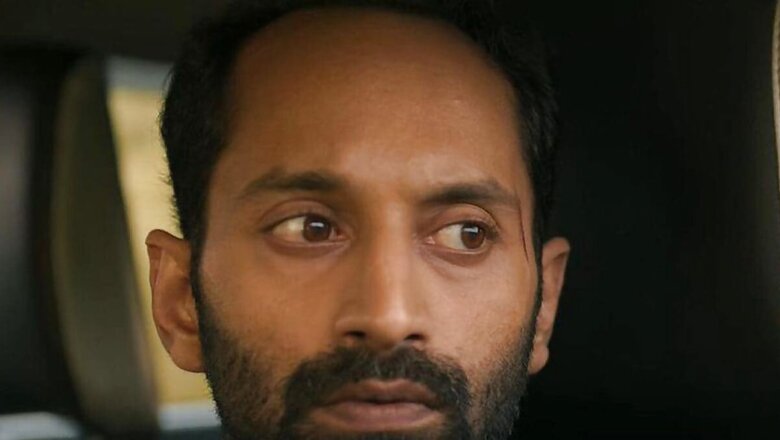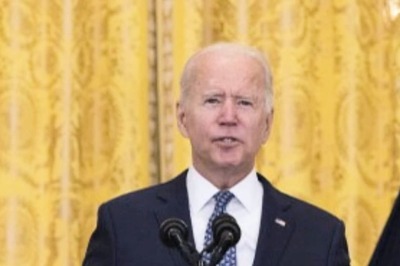
views
Renowned actor Fahadh Faasil, who is famous for his many performances in Malayalam cinema, recently made an unexpected discovery. He revealed that, at the age of 41, he had been diagnosed with attention-deficit/hyperactivity disorder (ADHD) at a gathering at Kothamangalam, Kerala.
At Peace Valley Children’s Village event, Fahadh Faasil revealed that he spoke with a doctor about ADHD while strolling through the children’s village. When Fahadh asked if ADHD could be readily healed if it was identified early in life, the doctor said that it could. But Fahadh’s follow-up inquiry regarding 41-year-old ADHD’s potential for cure revealed his most recent diagnosis.
The fact that Fahadh Faasil disclosed his diagnosis of ADHD raises awareness of the disorder and emphasises the value of mental health awareness. His candour can inspire others who may be experiencing comparable problems to seek assistance and lessen the stigma attached to ADHD. So, this is a try to understand this condition in greater detail.
Understanding ADHD
The neurodevelopmental disease known as ADHD interferes with the brain’s capacity to control behaviour, attention, and impulse control. Though it might linger into maturity, it is typically diagnosed in childhood. Inattentiveness, hyperactivity, and impulsivity are the three main categories into which symptoms of ADHD might fall.
ADHD Symptoms:
- Inattentiveness:Losing things frequently, being easily distracted, having trouble focusing, making careless blunders, and having trouble organising work.
- Hyperactivity: Hyperactivity includes restlessness, talking too much, fidgeting, and trouble playing quietly.
- Impulsiveness:Talking over other people, not waiting one’s turn, and acting without careful consideration.
Diagnosis and Treatment:
A thorough evaluation consisting of behavioural exams, questionnaires, and interviews is used to diagnose ADHD. Adults may have a more complicated diagnosis because their symptoms may coincide with those of other mental health conditions.
Treatment:
- Medication:Methylphenidate and amphetamines are two stimulants that are frequently prescribed. There are also drugs that don’t stimulate.
- Therapy:By altering unfavourable thought patterns and behaviours, cognitive-behavioral therapy, or CBT, helps manage symptoms.
- Lifestyle Changes:A healthy diet, regular exercise, and enough sleep can all help control symptoms. Tools for organisation and behavioural tactics can also be helpful.
As Fahadh Faasil continues his successful career, his narrative inspires people, promoting a more accepting and helpful attitude towards mental health.



















Comments
0 comment